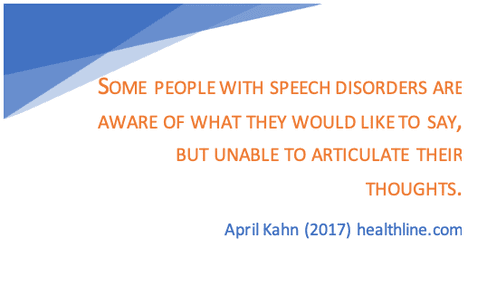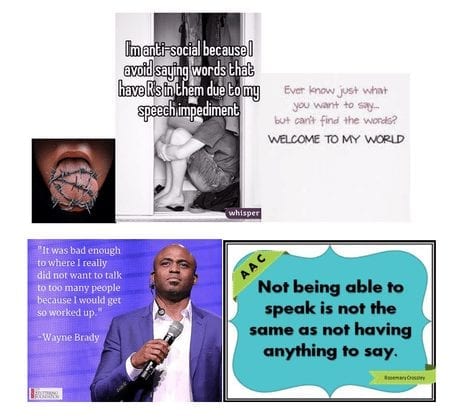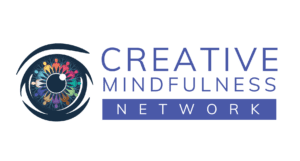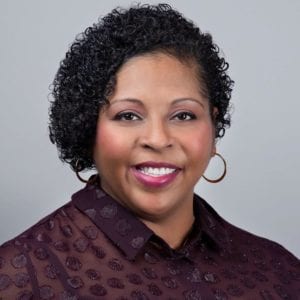However, when you think of speech disorders, have you ever thought of understanding that individual? Instead of the passed down language, we inherited our own language and are merely struggling to learn yours?
I bring this up, because this is an important concept to take in consideration when it comes to therapy. When you have someone sitting across from you who speaks a different language, you find ways to communicate with them: a translator or someone who speaks their language. However, with an individual with a speech disorder, that bridge of understanding is rarely crossed. Yes, there is circumlocution in regards to what we’re trying to communicate. Yes, eventually an understanding is meet. Usually through frustration and anxiety. Embarrassment. Irritation. Shame. D) all of the above. All this frustration can be seen in memes posted about speech disorders (either from those living with one or those making fun of it). So why not try to find other ways to support that person sitting across from you?
While this is only a small insight into the world of speech and communication disorders, I encourage you to take a step back and reflect on how you communicate. To reflect on how difficult it would be to have your own body and mind fighting you against communication. Take this reflection a step further and consider how would you bridge a gap of understanding between yourself and another, to support them. How would you redefine you approach to see the individual and meet them where they are?

















2 Responses
I appreciate you for imparting the useful, healthy, educational and even unique tips on that topic.
As a Newbie, I am permanently exploring online for articles that can aid me. Thank you
http://www.socjologia.xmc.pl